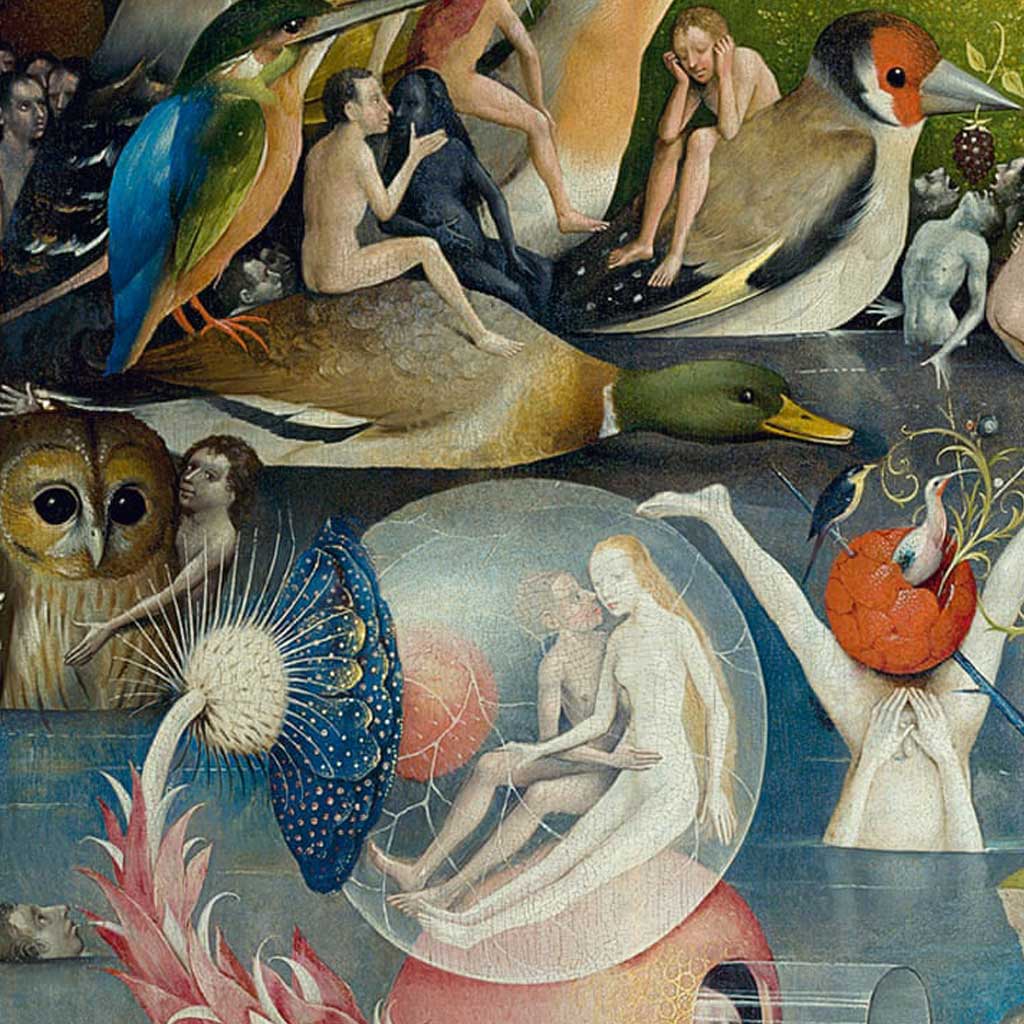N 40°06'14.7"
E 22°30'04.7"
One time I bought myself a fridge magnet. Such a small, plaster, pressed with the stamp – a traditional souvenir from holiday travels. There are no sea, no windmills or a Greek donkey on it. There is Socrates and his most famous formula:
“I know that I know nothing.”
Secret Life of Cicada

READ MORE
In the small grocery store in Litochoro – right next to the 55 Peaks Outdoor Store – there were olive oil and olives of its own production, some real fruit and vegetables – fancifully twisted, many other varieties and not knowing why, some unusual magnets. Maybe the owner read Plato in the evenings and hence this Socrates? In any case, he was teaching me how to pronounce the famous ancient sentence in the original. I was repeating and repeating and after a few days I forgot. We have internet, though. I typed in “I know, that I know nothing” and I got a quick answer that in Greek it will be: “ξέρω, ότι δεν ξέρω τίποτα” [Xéro óti den xéro típota]. Now I was more diligent, I thought it would be good to start learning Greek with such a clever formula and I learned it by heart.

After some time, however, I realized that my magnet has a different inscription. Socrates said rather: “ἓν οἶδα ὅτι οὐδὲν οἶδα” [en oida oti ouden oida]. After translating into English, I got the sentence from magnet „I know that I know nothing” again. Hmm, that’s right, but it’s quite distant from the original “Xero oti den xero”. So what did this Socrates actually say? And putting this question in a more general way: what can we learn about Greek culture by analyzing different versions of the famous ancient sentence?
oldest spoken language
Greek is the oldest of the languages spoken today. Approximate estimates it is about 3,000 years old. I understand the age of language here as the age of the oldest documents written in alphabet, which we can define as Greek. Two older cultures, which we recognize as proto-Greek – Minoan in Crete and Mycenaean in the Peloponnese – used the Linear A and B, which were not actually an alphabets, and certainly not Greek. Nevertheless, it is not decided what language people spoke at that time (XXV-XII century BC). The fact that Linear B was read only means that we understand the meaning of the texts written in it (in its entirety properly bookkeeping notes, lack of fiction), but we do know only a little about the sound of words.

Phaistos Disk

READ MORE
These changes should wash Greek off the face of the earth and replace it with a dozen other languages, but that did not happen.
In addition, for many hundreds of years of existence, Greece did not create a single state organism, conducive to unification, linguistic unification as well. The same with geographical conditions: a huge number of islands creating separate worlds and the mountains which are everywhere, should contribute to disintegration rather than unity.
various kinds of Greek
It’s all true, but I still don’t know what Socrates really said? Or rather, how did he say it? The Greek language has 3,000 years of continuous history, but during its development it underwent several significantly different stages. In a simplification, this cycle can be represented as the following sequence: archaic Greek – classical Greek – hellenistic Greek (koine) – folk Greek (demotics) – purified Greek (katharewusa) – modern Greek. And until recently there was a lively discussion on the Aegean Sea, which version of the language should be used by modern residents of Hellas. The dispute was between the followers of the catharewusa – a classical language cleared of later accretions, and the supporters of demotics, i.e. the simplified “folk” Greek, which began to develop in the Middle Ages. For some time, representatives of the classical school were the top, only in 1974 the option of demotics finally won, and now it is the official language in Greece.

Clay tablet (PY Ub 1318) inscribed with Linear B script, from the Mycenaean palace of Pylos. This piece contains information on the distribution of bovine, pig and deer hides to shoe and saddle-makers. Dating from 1450 BC. Based on Wikipedia Creative Commons Attribution content.
Zvara
About music, dance, Zagori Races and cosmic religion of Greece

READ MORE

Apollo holds a kithara. Attributed to the Pistoxenos Painter. From a tomb in Delphi. Archaeological Museum of Delphi. Based on Wikipedia Creative Commons Attribution content.
singing Orphic mysteries
I remember my first contact with “live” classic Greek language. It was not on the Aegean Sea only in a small village near Lublin, Poland. Performance of the Antique Orchestra of the Gardzienice Theater. Hymns to Dionysus, fragments of the Orphic mysteries, prayers to Zeus. Music, singing and dancing. I came there with a rather stereotypical image of sunny, bright Greek culture, and thus also music, and here suddenly wild, ecstatic sounds, on the verge of dissonance. Dark, slightly hard but melodious language. I was in shock. Like a few times later, breaking off layers of stereotypical images about Greece. I was learning that classic temples were not white at all but painted in many colors, Greek myths are not the equivalent of holy books of the Bible or Koran type and therefore it is difficult to create an image of ancient religion based on them and Greece has the longest coastline in the world. Still, listening to the recordings of the song Iliad in the original (many examples on YouTube) I can’t get over how much Homer’s speech is different from the language used every day by my friends in Litochoro.

The Prologue in the opening chapter of Saint John’s Gospel (John 1: 1-18). Contemporary graphics stylized as a papyrus original. Based on Wikipedia Creative Commons Attribution content.


